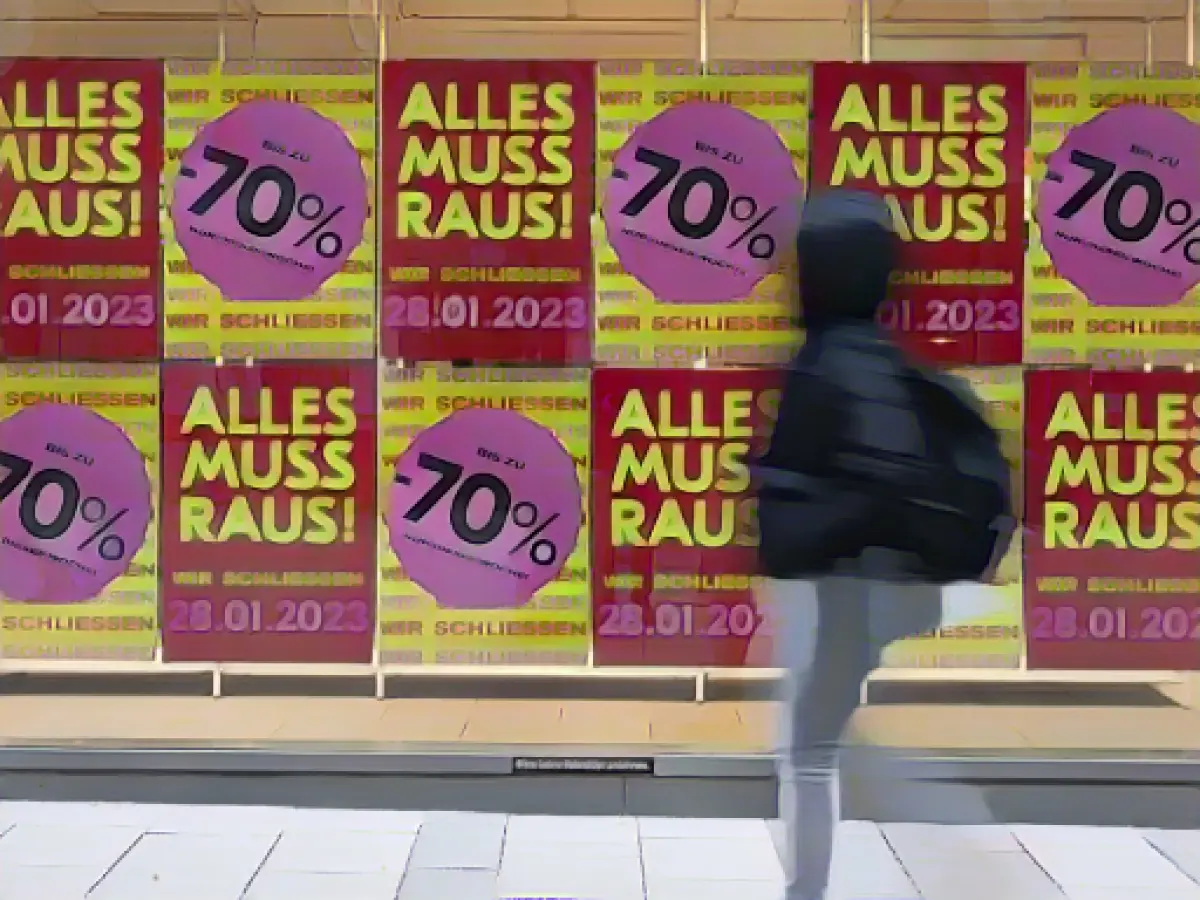Major insolvencies in Germany are back
According to a study by credit insurer Allianz Trade, there are more and more major bankruptcies in the German economy. "Major insolvencies have returned this year and are on course to reach their 2020 peak," says Allianz Trade insolvency expert Maxime Lemerle. There have been a particularly large number of major insolvencies in the (fashion) retail sector, hospitals and mechanical engineering so far this year. Allianz Trade defines major insolvencies as bankruptcies of companies with an annual turnover of at least 50 million euros.
According to the study, the number of major insolvencies in Germany is on course to reach the record level of 2020 with 45 cases in the first nine months of 2023. By comparison, there were 26 major insolvencies in the same period in 2022, a good third fewer, and only 17 such insolvencies in 2021. "2020 marked the highest level of insolvencies since 2016, with 58 major insolvencies in the year as a whole and 44 cases in the comparative period in the first nine months."
Most insolvencies in construction
A total of twelve large textile companies and fashion retailers had slipped into insolvency by September 2023, as well as six clinics, according to the study. "This is in line with the situation of the German Hospital Institute (DKI), according to which two thirds of German clinics currently describe their financial situation as poor or very poor, and even more medium-sized clinics," write the insolvency experts from Allianz Trade. There have also been some major bankruptcies in the mechanical engineering sector (five cases) and in the metal (four) and construction (three) industries.
According to the study, the construction industry has recorded the most insolvencies across all company sizes, followed by trade and companies in the service sector. "The retail sector recorded the strongest increase in the number of cases compared to the same period last year, but the hospitality industry was also showing signs of weakness even before the VAT increase."
Milo Bogaerts, Head of Allianz Trade for the German-speaking region, also predicts a difficult time for retailers in the upcoming Christmas season. "This year, significantly fewer presents are likely to end up under the Christmas tree," says Bogaerts. "Food prices remain high despite the lower inflation rate. Consumers are therefore saving on all other expenses: They are going out less, buying fewer clothes - and Christmas presents."
The retail trade sector has experienced a significant increase in major insolvencies this year, contributing to the overall trend of rising insolvencies in Germany. Despite this, the health sector is also facing financial challenges, with two-thirds of German clinics currently describing their financial situation as poor or very poor.
Despite the return of major insolvencies in Germany, the company's financial situation in the health sector is a cause for concern, with many clinics struggling financially.
Source: www.dpa.com








